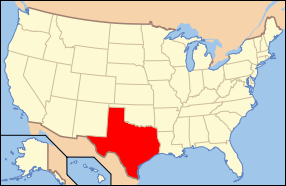Tragedy into Policy: A Hepatitis C Outbreak and a Study of Nevada RNs Lead to New Protections for Whistleblowers
By Sylvia Foley, AJN senior editor
In 2008, more than 62,000 people who had undergone procedures at one of two southern Nevada endoscopy clinics were notified that “they might have been exposed to bloodborne pathogens, including hepatitis B virus, hepatitis C virus (HCV), and HIV, as a result of unsafe injection practices.” As author Lisa Black reports in this month’s CE–Original Research feature, a subsequent investigation by federal and state agencies found multiple breaches of infection control protocols. Indeed, 115 patients were found to be “either certainly or presumptively infected” with HCV through the reuse of contaminated medication vials.
 Especially distressing was strong anecdotal evidence that because of a general fear of workplace retaliation, staff at the two clinics had often failed to report unsafe patient care conditions. At the request of the Nevada legislature, a study was conducted to examine Nevada RNs’ experiences with workplace attitudes toward patient advocacy activities. Black was the principal investigator. […]
Especially distressing was strong anecdotal evidence that because of a general fear of workplace retaliation, staff at the two clinics had often failed to report unsafe patient care conditions. At the request of the Nevada legislature, a study was conducted to examine Nevada RNs’ experiences with workplace attitudes toward patient advocacy activities. Black was the principal investigator. […]








